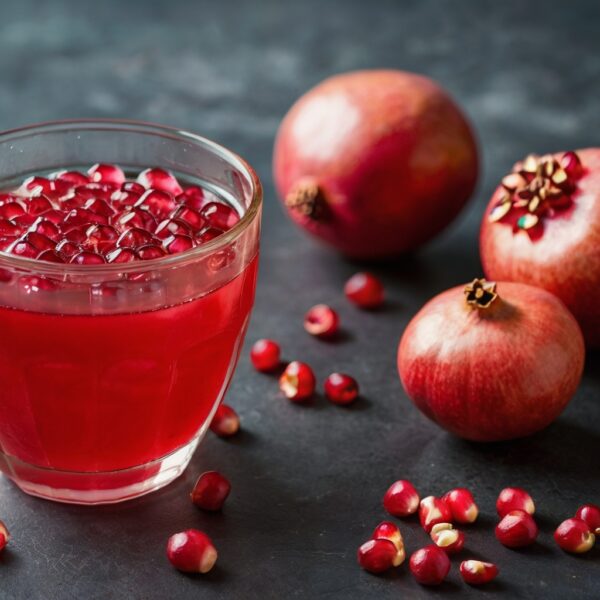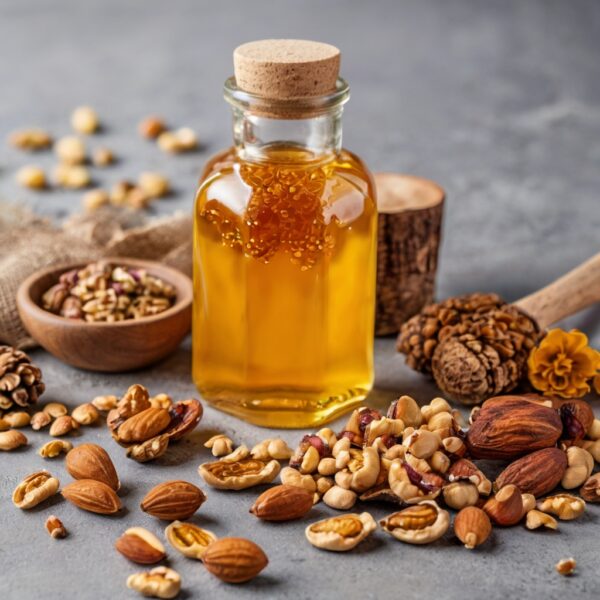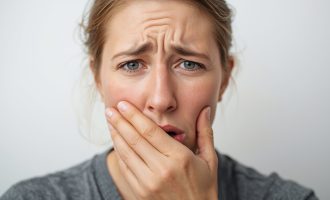Hemoglobin is a vital protein found in red blood cells. It is responsible for transporting oxygen from the lungs to the tissues and organs of the body and returning carbon dioxide back to the lungs for elimination. Hemoglobin levels can decrease for various reasons, which can have serious health consequences. In this article, we will explore why a person’s hemoglobin levels may drop, the dangers of low hemoglobin, and how to naturally increase hemoglobin levels at home.
Why do hemoglobin levels drop in the blood?
There are several reasons why a person’s hemoglobin levels may decrease. The main causes include:
- Iron deficiency. Iron-deficiency anemia is one of the most common causes of low hemoglobin. A lack of iron in the diet or poor absorption can lead to insufficient iron, which is necessary for hemoglobin synthesis.
- Blood loss. Heavy menstruation, internal bleeding, surgeries, or injuries can lead to significant blood loss and consequently lower hemoglobin levels.
- Vitamin deficiency. B vitamins, especially B12 and folic acid, play an important role in blood formation. Their deficiency can lead to anemia.
- Chronic diseases. Certain chronic conditions, such as kidney failure, liver disease, cancer, and chronic infections, can negatively affect hemoglobin levels.
- Inherited disorders. Some genetic conditions, such as thalassemia, can also cause low hemoglobin levels.
Why is low hemoglobin dangerous?
The danger of low hemoglobin lies in the blood’s reduced ability to carry oxygen. This can cause the following problems:
- Hypoxia. Oxygen deficiency in tissues leads to weakness, fatigue, shortness of breath, headaches, and dizziness.
- Organ dysfunction. Chronic low hemoglobin levels can impair the function of the heart, kidneys, brain, and other vital organs.
- Reduced immunity. People with anemia are more prone to infections due to weakened immunity.
- Poor wound healing. Tissue healing requires adequate oxygen supply, and low hemoglobin can slow this process.
How to increase hemoglobin naturally?
Although medical treatments may be necessary for severe cases of anemia, there are many natural ways to boost hemoglobin levels at home.
1. Increase iron intake in your diet
- Red meat and liver. Rich in easily absorbed heme iron, which is especially effective for raising hemoglobin levels.
- Fish and seafood. For example, tuna and oysters contain high levels of iron.
- Green leafy vegetables. Spinach, cabbage, and chard are excellent sources of non-heme iron.
- Beans and legumes. Beans, lentils, and peas contain significant amounts of iron.
2. Improve iron absorption

- Vitamin C. Consuming foods rich in vitamin C (citrus fruits, kiwi, strawberries) helps the body absorb iron more effectively from food.
- Avoiding iron absorption inhibitors. Coffee, tea, and calcium-rich foods can reduce iron absorption. Try to consume them separately from iron-rich meals.
3. Natural blood-boosting stimulants

- Beetroot juice. Beetroot contains nitrates that help dilate blood vessels and improve circulation, which may help increase hemoglobin levels.
- Pomegranate juice. Pomegranate is believed to support blood formation and raise hemoglobin levels.
- Yarrow. Yarrow infusion can be used as a source of iron and to improve circulation.
4. Dietary supplements
- Spirulina. This blue-green algae is rich in protein, vitamins, and minerals, including iron.
- Shilajit. This natural biostimulant contains numerous trace elements and is considered beneficial for blood formation.
5. Natural recipes

- Honey with nuts and dried fruits. Mix honey, nuts (e.g., walnuts), raisins, and dried apricots. This sweet mix is rich in iron, vitamins, and antioxidants.
- Nettle tea. Nettle is high in iron and vitamins necessary for blood formation. Brew fresh or dried nettle leaves in hot water and drink regularly.
Low hemoglobin levels can result from various factors and pose health risks due to insufficient oxygen in tissues. Natural remedies can be an effective support in combating anemia. Including iron-rich foods in the diet, using blood-stimulating natural supplements, and taking vitamins play a key role in anemia treatment and prevention. However, it is important to remember that severe anemia requires consultation and treatment under medical supervision. By following these recommendations, you can maintain your body’s health and ensure it receives all the essential nutrients.
Frequently Asked Questions about Hemoglobin
What are the early signs of low hemoglobin?
Common early signs include fatigue, weakness, dizziness, shortness of breath, and pale skin.
Which foods are most effective for naturally increasing hemoglobin?
Iron-rich foods like red meat, liver, spinach, beans, and seafood, combined with vitamin C sources, are most effective.
How does vitamin B12 affect hemoglobin levels?
Vitamin B12 is essential for red blood cell production, and its deficiency can lead to low hemoglobin and anemia.
Can dehydration affect hemoglobin readings?
Yes, dehydration can temporarily increase hemoglobin concentration, but it does not improve oxygen-carrying capacity.
Are there natural supplements that help boost hemoglobin?
Supplements like spirulina, shilajit, and iron combined with vitamins can support hemoglobin production naturally.
When should I consult a doctor for low hemoglobin?
Seek medical advice if you experience persistent fatigue, dizziness, or symptoms of anemia, or if home remedies do not help.
Can low hemoglobin affect pregnancy?
Yes, insufficient hemoglobin during pregnancy can reduce oxygen supply to the fetus and increase the risk of complications.







